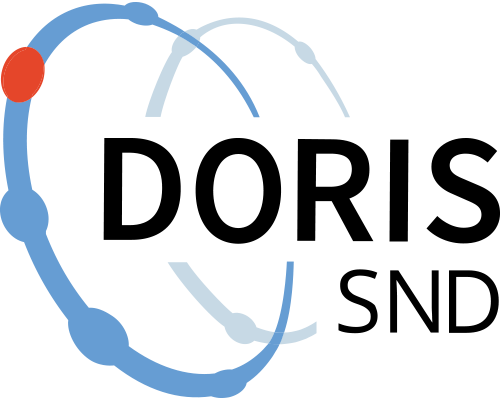Coffee, homocysteine and B vitamins
Elevated level of homocysteine has been identified as a graded and independent risk factor for coronary heart disease. The metabolism of homocysteine is dependent on the availability of the B-vitamins, folate, vitamin B12, and vitamin B6 (pyridoxal phosphate). Although elevated levels of tHcy in plasma and serum is particularly seen in folate deficiency, elevated levels are also seen in the presence of folate levels in the lower reference range. The study was organised as a prospective, cross-over, blinded controlled trial with the participants randomly allocated to two different groups which will consume:
1) For 3 weeks: Both groups: no coffee
2) For 4 weeks: Group A: 4 cups of coffee/day + placebo, Group B: 4 cups of coffee/day + 200 g folate/day
3) For 3 weeks: Both groups: no coffee (wash out)
4) For 4 weeks: Group A. 4 cups of coffee/day + 40 g B-6/day, Group B: 4 cups of coffee/day + placebo.
The participants were randomised again in the beginning of the second part. Each participant met at five visits. They were allowed to drink other beverages. Diet habits were registered during the study. Blood samples were drawn and blood pressure measured at every visit. Blood samples were analysed for homocysteine in plasma and total cholesterol, HDL-cholesterol, triglycerides, Lp(a), folate, ALAT, ASAT, urate and gamma-GT in serum. Frosen whole blood is available.
Purpose:
To investigate the interaction of coffee consumption on the effects of folate and vitamin B-6 on the methionin metabolism and thereby on the plasma homocysteine levels.
Contact for data - Elisabeth Strandhagen
Opens in a new tabelisabeth.strandhagen@snd.gu.se
Documentation files
Documentation files
Citation and access
Citation and access
Data access level:
Creator/Principal investigator(s):
- Dag Thelle
- Elisabeth Strandhagen - University of Gothenburg - Department of Public Health and Community Medicine
- Henrik Zetterberg - University of Gothenburg - Institute of Neuroscience and Physiology
Research principal:
Data contains personal data:
No
